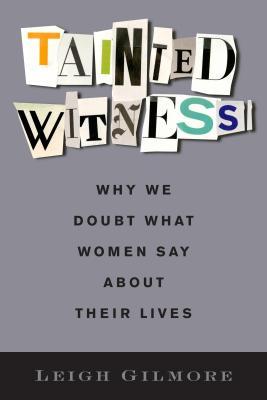What do you think?
Rate this book


240 pages, Hardcover
First published January 17, 2017
A tainted witness is not who someone is but who someone can become in the process of bringing an account into the public sphere.
–and–
Tying the evolution of #BlackLivesMatter primarily to its responses to a series of killings of African-American men and boys by police officers, as some articles have, obscures the feminist focus on {B}lack lives broadly. By refusing a presentist framing of the event, #BlackLivesMatter is not, as its founders make clear, only about what happened but about how to frame it, how to bear witness to histories of the present, and how to look at images of death, grief, and protest as a form of ethical engagement.
”Instead of viewing practices that organize painful and sometimes conflictual materials through an ‘I’ as merely personal and therefore limited political acts or versions of historical events, consider how self-representational practices bear on history, politics, and subjectivity in my analysis of the judgments that circulate around trauma and gender in the public sphere. Life narratives, no less than jurisdiction, concern ‘the production of political subjectivity’. While autobiographical self-representation offers a means by which to position personal history within the public sphere, any potentially disruptive performance in that location is freighted with risk. Dissident versions of personal and collective histories are in a dialectical relation to dominant notions of legitimacy and as such are more likely to elicit skepticism or condemnation than to invite sympathy or vindication, form a resistant discourse, or secure alternative meanings about contested events.”